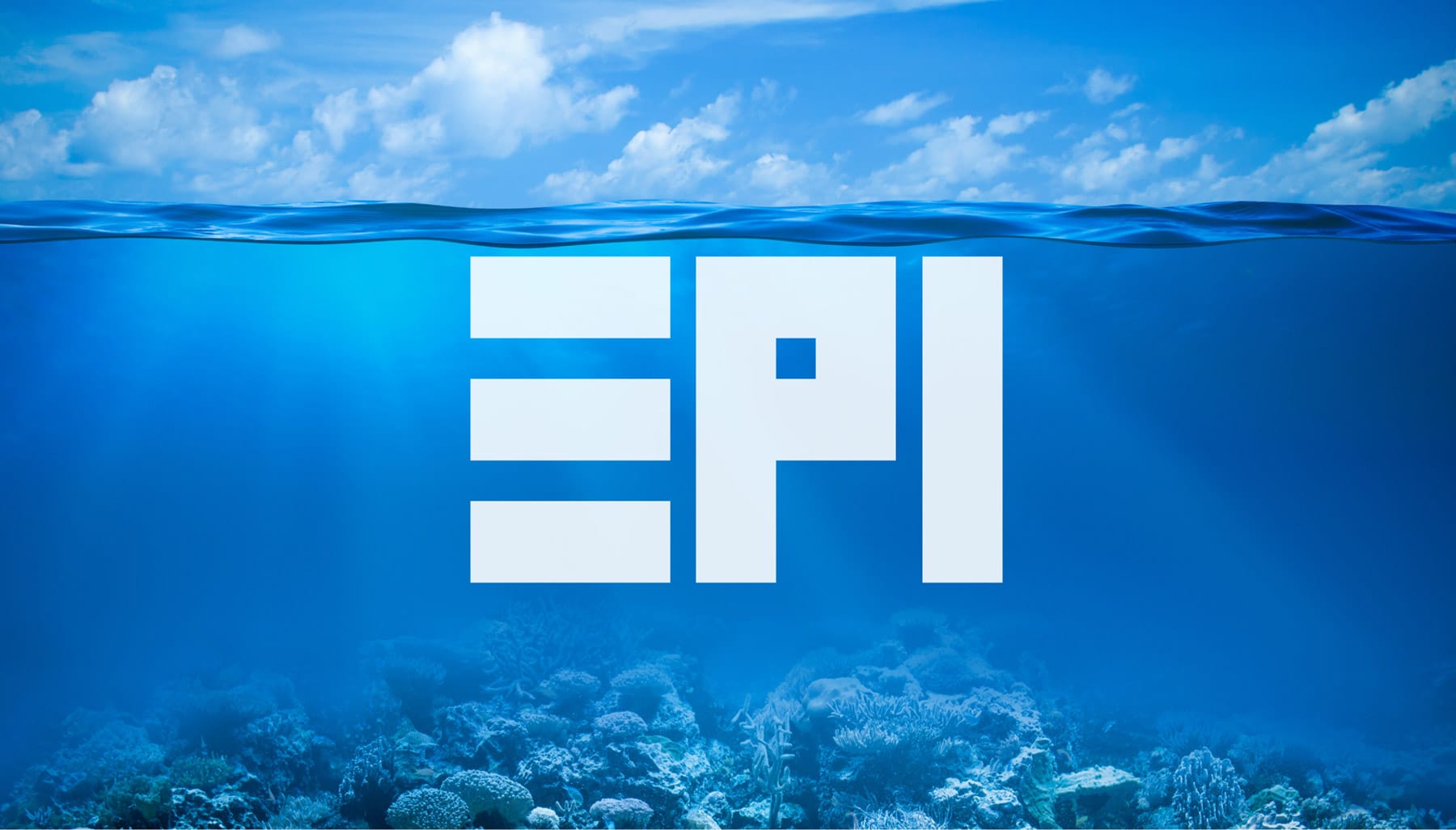
Environmental Performance Index (EPI) is a biennial report that has been compiled for 25 years by researchers from Yale and Columbia universities.
The Environmental Performance Index (EPI) is a biennial report that has been compiled by researchers at Yale and Columbia universities for 25 years. Its longevity, rigorous methodology and quality of data-collected from top international research institutions-make the EPI the most authoritative reference for analyzing and comparing environmental policies around the world.
In the 2024 edition, released in early June, new metrics were introduced to assess greenhouse gas (GHG) emission reductions, protected area management, and the ability of states to meet the goals of the Paris Agreement and the new Global Biodiversity Framework.
The report evaluated 180 countries across 58 indicators divided into 11 categories, grouped into three main objectives:
- climate change mitigation (30% of the score)
- environmental health (25 percent)
- ecosystem viability (45 percent)
Italy in 2024: marked improvement, but not enough
In 2024, Italy ranked 29th with a score of 60.3 out of 100, up about +4 points from a decade ago. An improving result, but still below the average of comparable Western countries, despite being above the global average.
Environmental health: steady progress
With a score of 64.2, Italy ranks 36th in environmental health, which includes air quality, access to drinking water, heavy metals and waste management.
They stand out:
- excellent air quality (28th place, 89.5 points),
- and outstanding results in reducing NO₂ and SO₂ emissions, where Italy ranks first in the world in terms of progress against targets.
However, urban waste management remains critical, with a high amount produced per capita and recovery rates below the EU average.
Ecosystems: good water and agriculture, bad fisheries and biodiversity
Ecosystem viability (62.8 points, 36th place) shows mixed signals.
Italy performs well in water management and agricultural efficiency (especially nitrogen management).
However, the situation is worrying in fisheries sustainability, where the country ranks 124th, and in the protection of biodiversity and natural habitats, with a modest 53rd place and a deterioration in the indicator related to threatened species (Red List Index).
Climate mitigation: far from the Paris targets
Although the EPI 2024 does not provide a disaggregated score for each country in this category, analysis indicates that no country in the world-including Italy-is decarbonizing at a sufficient rate to meet the Paris Agreement goals.
The Climate Change Performance Index (CCPI) 2024, a complementary index focused solely on emissions, placed Italy 44th, down sharply from 29th in 2023.
The best in the world
The top 5 in the 2024 ranking is led by:
Estonia
Luxembourg
Germany
Finland
United Kingdom
Denmark, which ranked first in 2022, is now 10th. The United States of America ranks 34th, suffering from insufficiently ambitious environmental and climate policies.
What the EPI report teaches us
Consulting this type of report is useful to understand how effective public policies, investment in sustainable infrastructure, preservation of natural resources, and civil society involvement are crucial in improving environmental performance.
The best performing countries-such as Estonia or Luxembourg-have good governance practices, clear emission reduction targets, active biodiversity protection, and advanced regulatory tools. Italy, while showing signs of improvement, still has considerable room to work on, especially in the areas of decarbonization, biodiversity and fish sustainability.
Fonti dei dati EPI
I dati dell’EPI provengono da fonti di massimo rilievo scientifico come:
-
Institute for Health Metrics and Evaluation
-
World Resources Institute
-
Potsdam Institute for Climate Impact Research
-
CSIRO
-
FAO – Food and Agriculture Organization
-
World Bank
-
Sea Around Us Project – University of British Columbia


